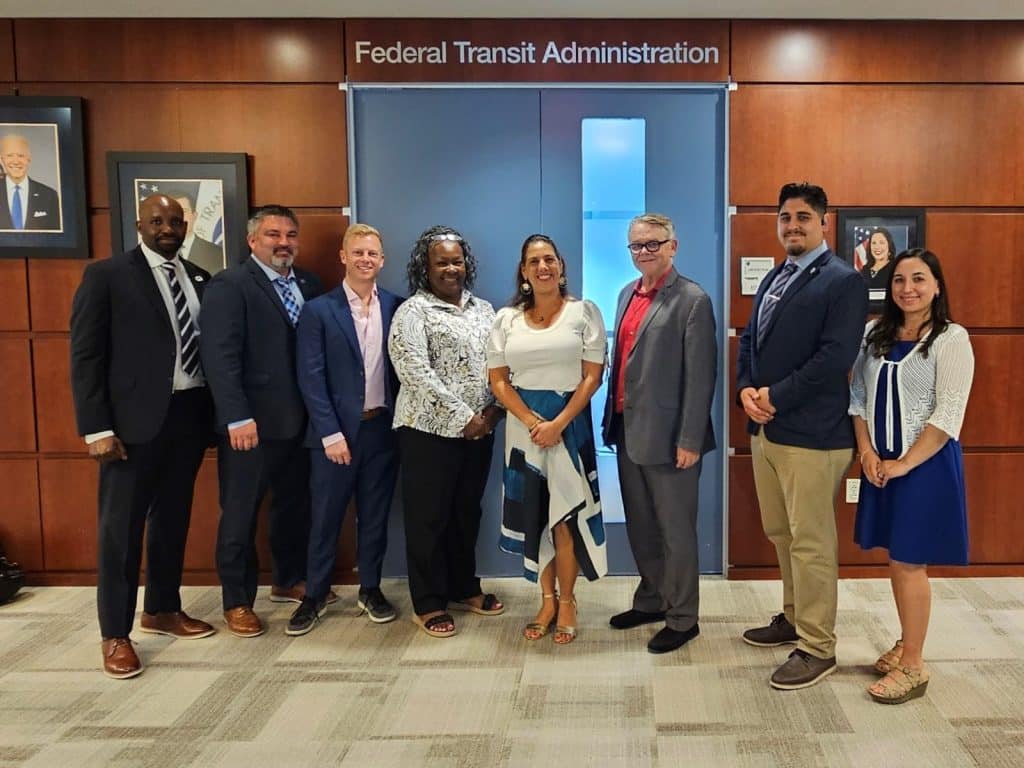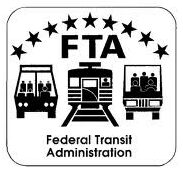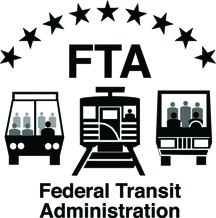SMART-TD is taking action to confront the rise of transit assaults with the launch of our new Assault Reporting Form. We can fight for real change when we can present our own proof of verbal and physical assaults that we face in the line of duty. Our online form, available through the SMART app or website, makes this easy to do.
View the Assault Report Form ►
If you experience an assault, please take a few moments to use the Assault Reporting Form. The form is user-friendly and designed to be filled out in just a couple of minutes. We urge all transit members to report every single hostile encounter. We want overwhelming numbers.
Access the Assault Reporting Form through the SMART-TD website under the “Get Involved” menu or through the SMART App. The app is free and available for download on all platforms by searching for “SMART Union” in the app store for your device.
SMART-TD to independently fact-check management data
Workplace violence against transit employees is an enormous concern for all of us. Before today, incident details have been collected and self-reported by transit agency management. We suspect that they often underreport the number and severity of these incidents. SMART-TD’s Bus and Transit Assault Prevention and Safety (BTAPS) Committee is changing this narrative by empowering each of us to report incidents directly, allowing SMART-TD to reflect the true extent of the problem. This is one way we can use our collective power to hold our employers accountable.

Speaking truth to power in Washington
This initiative was discussed during SMART-TD’s First “Bus/Transit Day On The Hill” in August 2024. Our union delegation met with Veronica Vanterpool, acting administrator of the Federal Transit Administration (FTA) at the time of writing, where she expressed her support for our efforts. Vanderpool requested access to the data we collect, so the FTA can cross-reference our reports with those sent by transit companies. She wants to ensure a comprehensive view of the number and severity of assaults that we face.
SMART-TD will push the current administration to take the same worker-first approach to this crisis.
SMART-TD’s delegation included Bus Vice Presidents Alvy Hughes and James Sandoval, SMART-TD’s National Legislative Department, and BTAPS Committee Chairperson Christine Ivey.
Holding transit companies accountable if they underreport
If our findings reveal that transit companies are intentionally underreporting assaults, Vanterpool assured us last August that the FTA will use its federal authority to hold employers accountable. And even with the change in presidential administrations, obtaining this data gives us more power to inform industry leaders, governmental officers and the public. This is a vital opportunity where we as a union can take a stand, advocate for our own safety and shine a light on the alarming frequency of the assaults we face.
Our incident reports are gathered by the chair of the BTAPS Committee, and the proper State Safety and Legislative Director, General Committee Chairperson, as well as SMART-TD’s Deputy National Safety and Legislative Director Jared Cassity.
The information we gather on the SMART website and app is protected. Details included in your reports, including the name of who filed each report, are kept confidential. Your manager will not know that you filed a report.
As SMART-TD members, we all demand a safe work environment. Our participation is crucial in making our voices heard. Together, we can highlight the severity of transit assaults and work towards meaningful change. The data we collect will not only inform regulators but will also empower us to advocate effectively for the rights and safety of our brothers and sisters in the field.


 U.S. DOT’s Federal Transit Administration (FTA) has announced that registration is open for National Transit Institute (NTI) and Transportation Safety Institute (TSI) safety training courses for transit personnel.
U.S. DOT’s Federal Transit Administration (FTA) has announced that registration is open for National Transit Institute (NTI) and Transportation Safety Institute (TSI) safety training courses for transit personnel. The Federal Transit Administration (FTA) posted its
The Federal Transit Administration (FTA) posted its